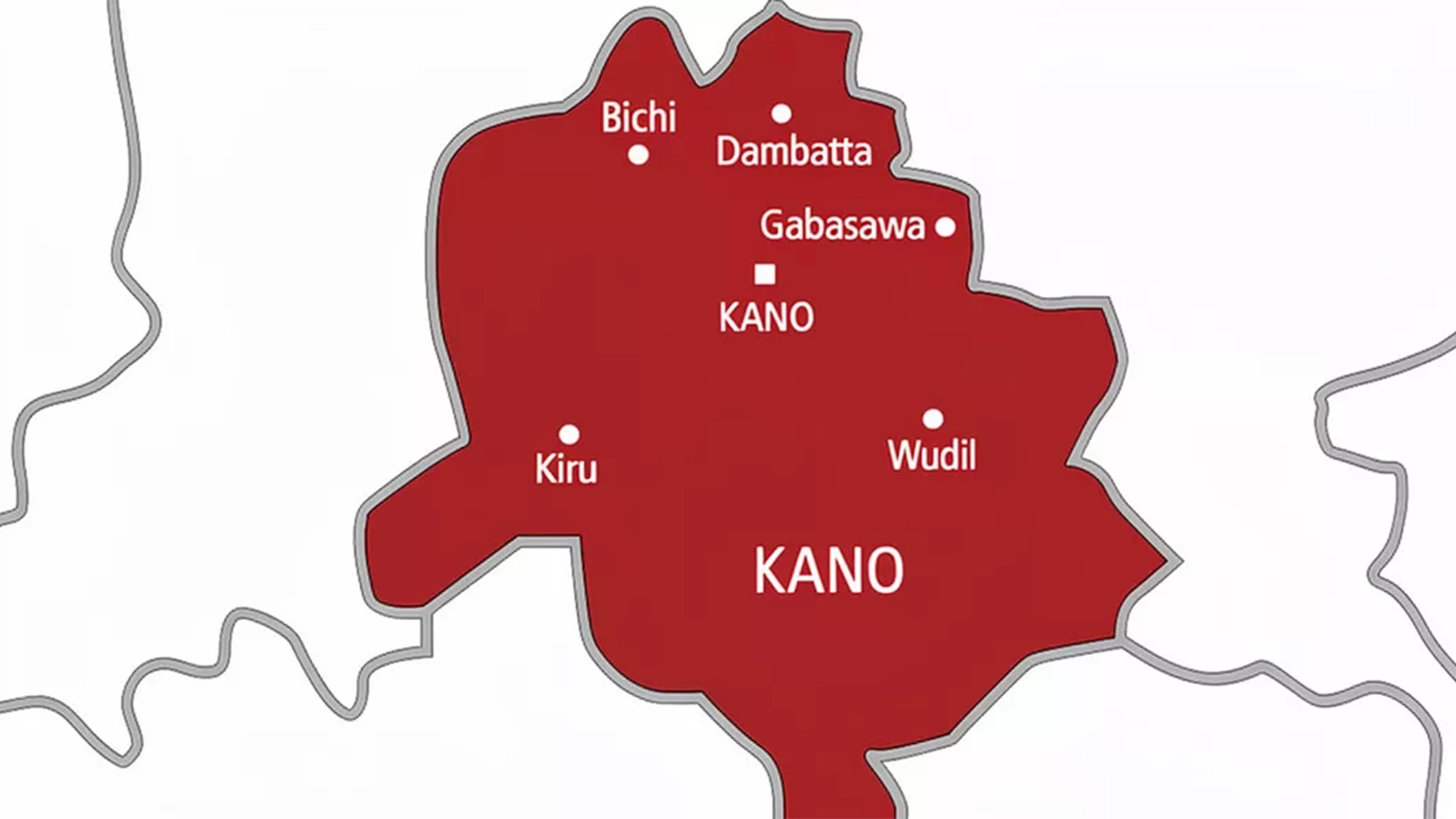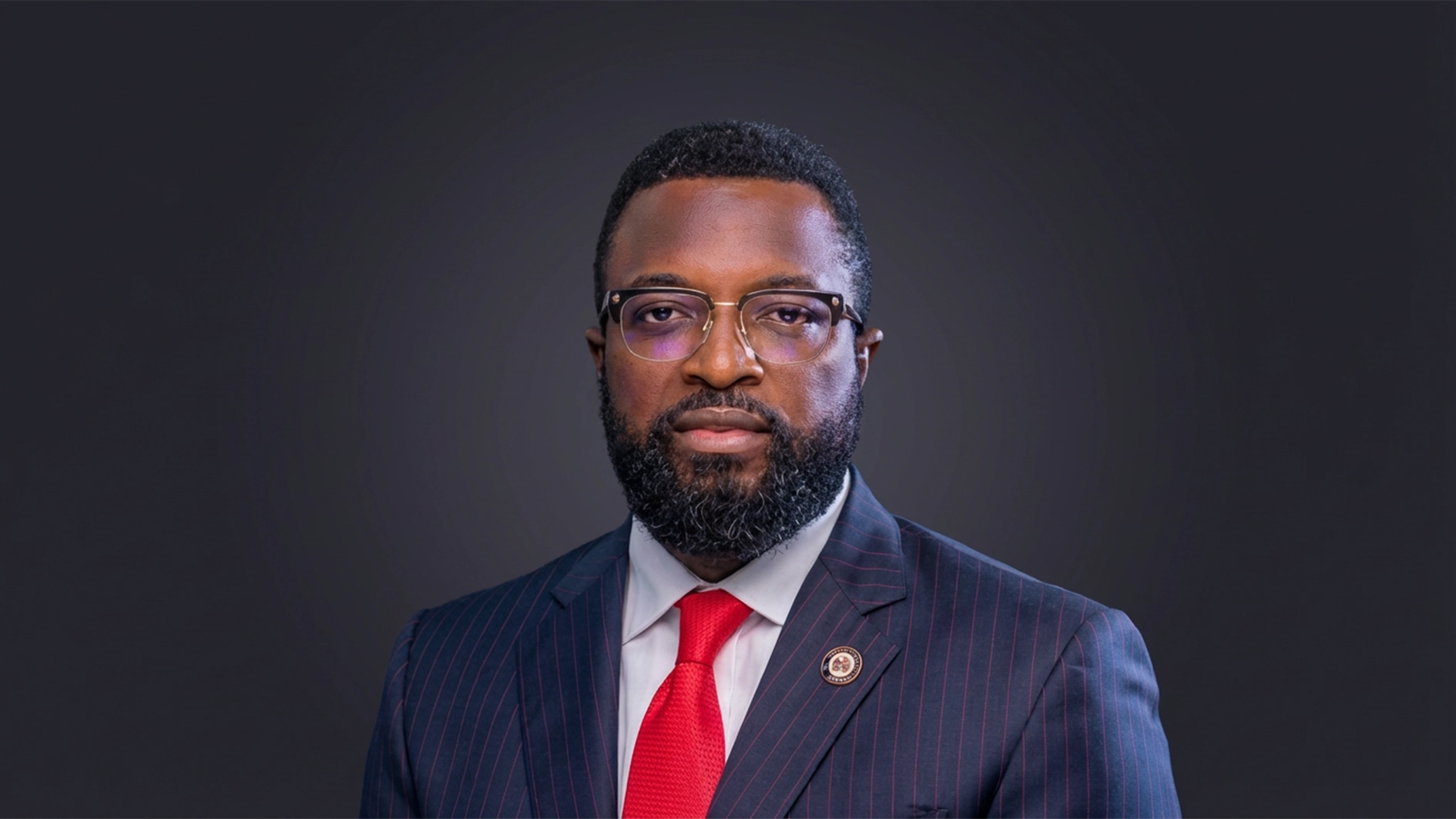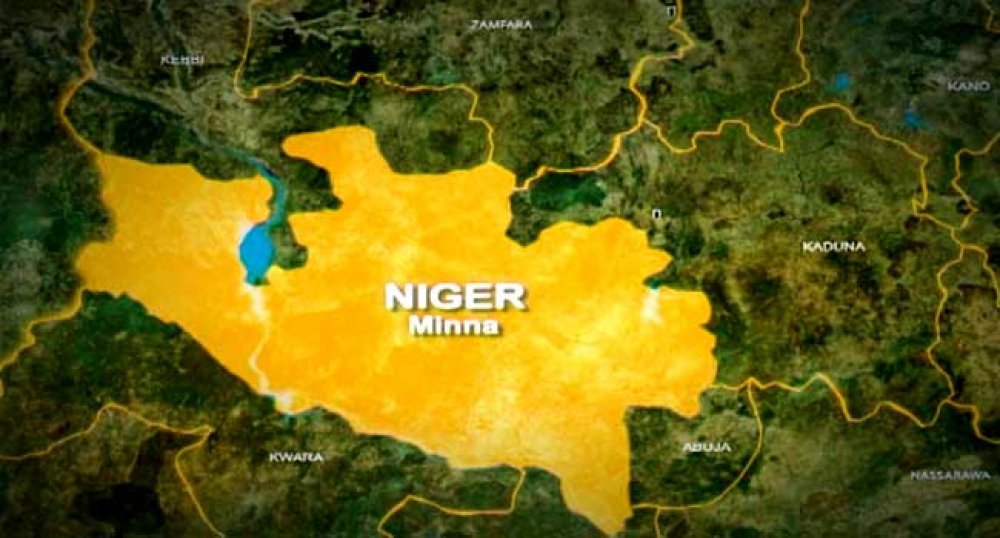
shutterstock
Nigeria Medical Association (NMA) has urged 36 state governors to use the opportunity of the new minimum wage to reverse what it called internal brain drain within the health sector to boost quality healthcare delivery across the country.
Chairman of NMA in Enugu State, Dr Sunday Okafor, made the call at a press conference to mark the 2024 Physicians’ Week, with the theme: ‘Ensuring universal applicability in remuneration: a panacea to talent retention in healthcare’.
According to Okafor professional healthcare workers working in most primary health centres owned by state governments see such facilities as transit camps, where they wait till they get their dream jobs at federal establishments.
This, he added, meant that the very critical level of healthcare, the primary healthcare, suffered because of poor remuneration of healthcare workers at that level.
To stem the tide, the NMA leader called on governors to ensure the remuneration of health workers in their states was at par with their contemporaries at the federal level.
He said: “It brings parity in welfare for all health workers, irrespective of where you are working and your location. Whether you are working with the federal institution, state or primary healthcare at the local levels, at every given point in time, as a medical doctor or health worker, you should be able to compare notes with your contemporaries of the same level.
“This is also important because we have one market. All of us shop from the same market. All of us are also exposed to the same economic conditions. So, it makes no sense to see health workers at the federal level earn much more than their counterparts at the state level, who also earn far more than their contemporaries at the local government level.
“What this simply means is that if we do not address this with the concept of universal applicability, healthcare at lower levels will suffer. The lower levels of healthcare will become transit camps. This means that those at the local government and the state will only see those levels as temporary places, meaning that the moment they get employed at the federal level, they will just leave.”
He also advised state governors and local government chairmen in the country to establish good insurance schemes to help boost access to healthcare among the citizens in the face of the current economic situation in the country, even as he urged them to ensure functional primary health centres, especially in the rural and hard to reach areas.
Meanwhile, the Lagos State chapter of NMA has lamented what it perceived as the government’s unwillingness to implement policies and declarations that could bring about impactful interventions to the pervasive negative impact of brain drain in the country, and improve physician retention.
Chairman of the chapter, Saheed Kehinde, regretted that “the government has failed to address the inadequate remuneration, which is a significant driver of the mass migration of medical professionals from Nigeria.”
Kehinde spoke in Lagos, also on the occasion of 2024 National Physicians’ Week.
He spoke on the challenges facing the medical profession in Nigeria and emphasised the need to appreciate and celebrate the contributions of physicians, who had to navigate a challenging healthcare landscape.
Addressing the persistent exodus of medical practitioners, Kehinde decried the continued brain drain in the health sector owing to poor working environment, welfare packages and remuneration.






